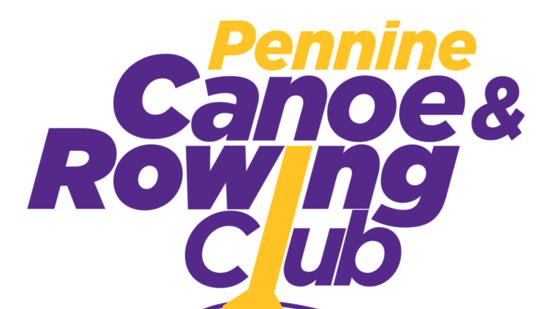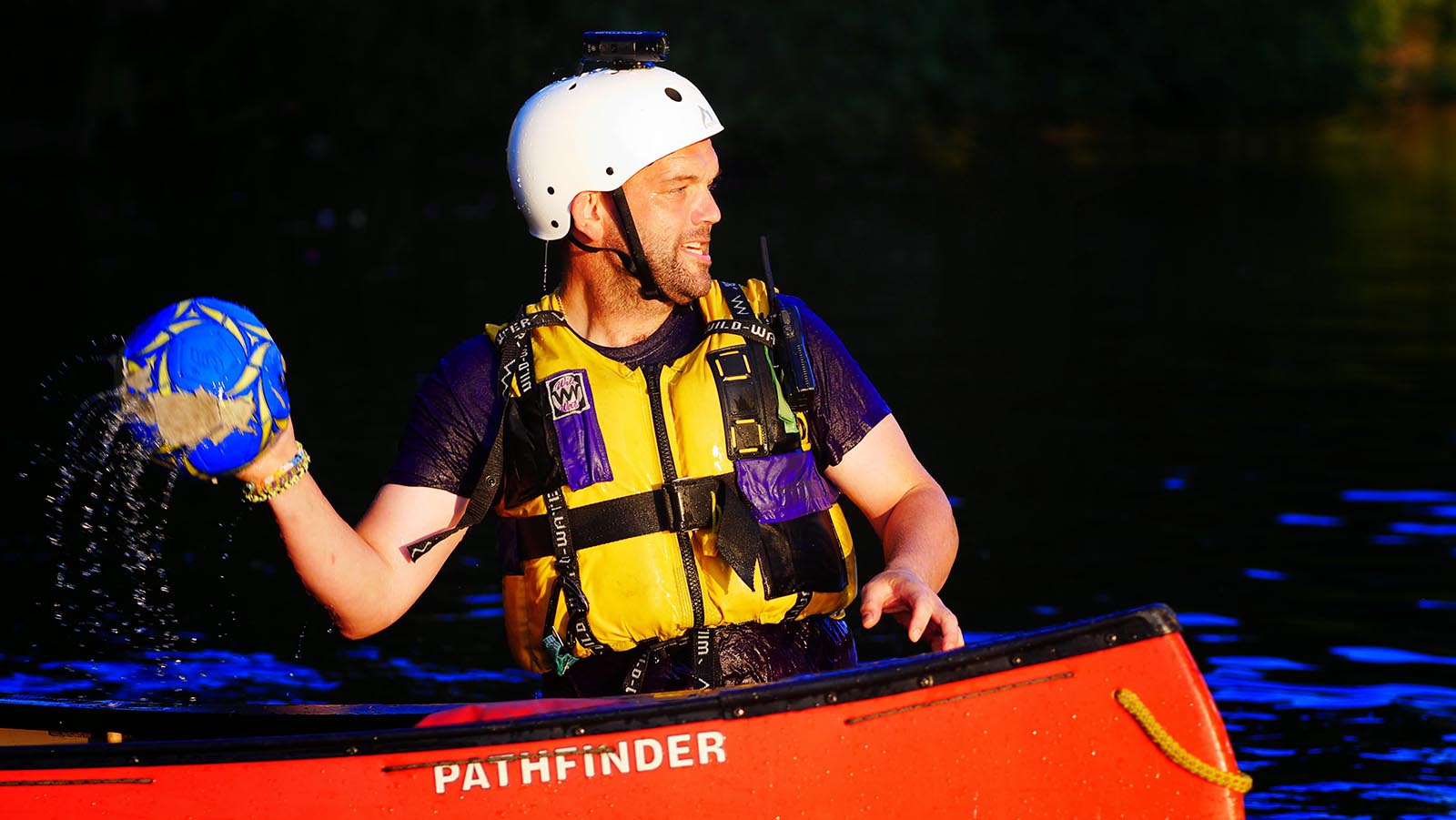Pennine aims, wherever possible, to keep life simple. This page sets out Pennine CRC “Activity Safety Framework” – which is Pennine’s take on how this can be done in a responsible manner.
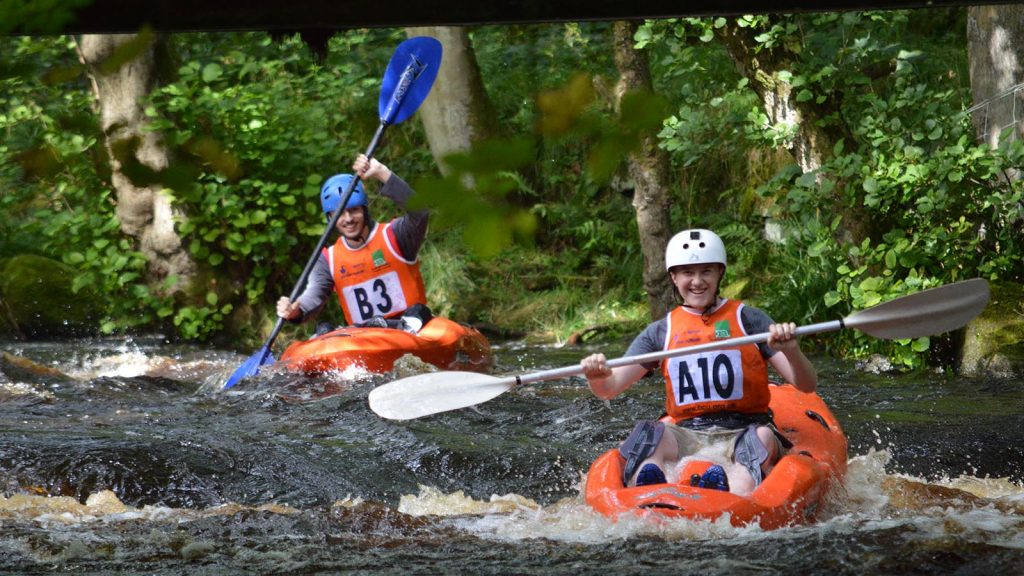
If you’re new to Pennine, you might prefer to start with our page on The Pennine Way.
Approach and Purpose
Pennine CRC celebrates responsible, independent involvement in any form of kayaking, canoeing or rowing and celebrates the tradition and ethos of individuals taking responsibility for themselves in making use of their own craft and equipment on waterways of their choice both within and outside of Recognised Club Activity.
The high levels of informality we see as members entangle their ordinary, everyday lives within the club makes all the magic possible – with implications for members we address on our Entangled Lives page.
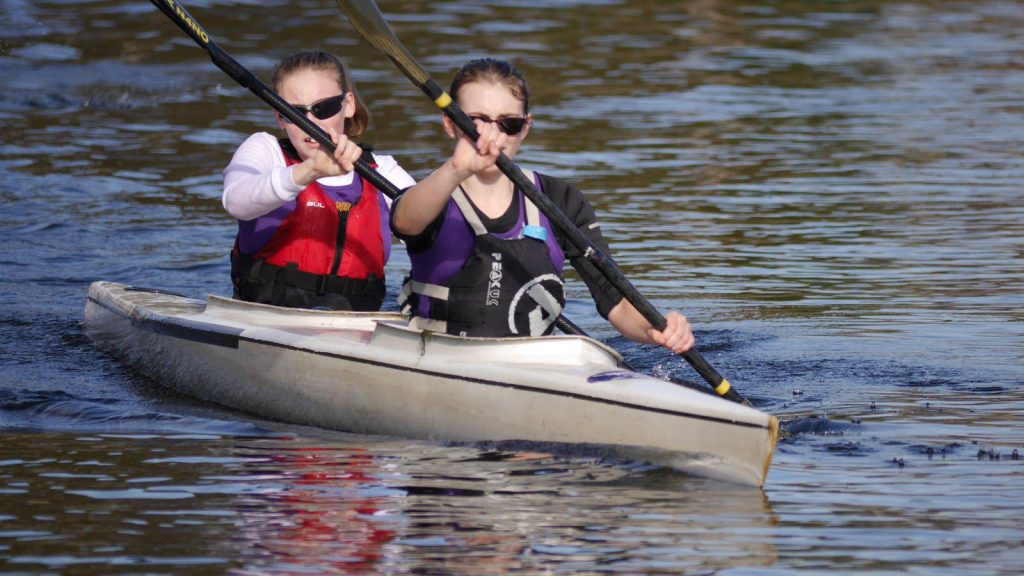
All if this will make more sense if you are familiar with what we’ve highlighted on our Home Waters pages.
Principles
Within Pennine, Club Activity is anything sanctioned within the club’s activity safety framework (this document).
Club On-Water Activity should only be conducted with a proportionate Float Plan and by individuals who have been supported to make an informed decision to get involved.
This Activity Safety Framework is primarily for familiar activity in our home waters. Float Plan templates are available through this link and may be used to extend Club Activity beyond familiar activity in home waters.
For all Club Activity, familiar or otherwise, Pennine CRC provides guidance to ensure individuals (including adults taking responsibility for Junior involvement) fully appreciate any commitment they might be making in choosing to get involved.
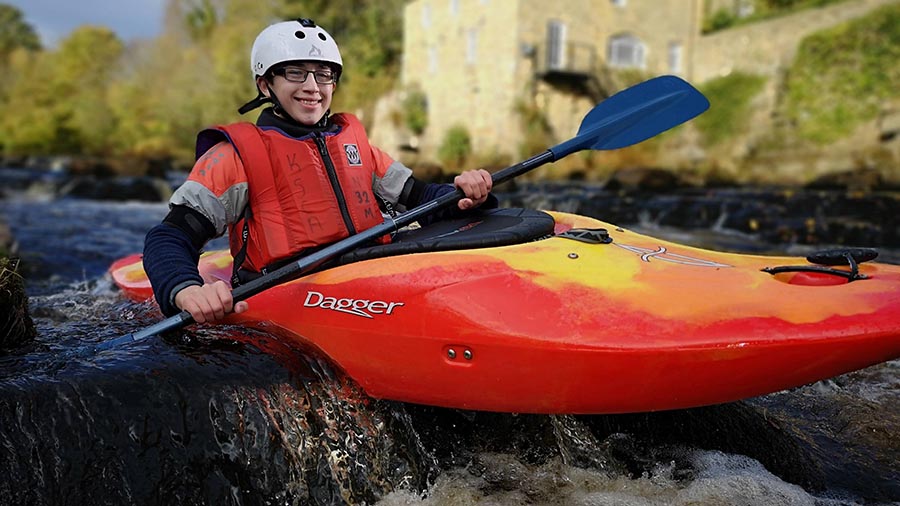
Having a “Float Plan” doesn’t need to involve anything written down – but it does imply having thought through a few key things before launching!
Going Off Piste
Pennine sanctions reasonable and proportionate deviations from what is documented here where the alternative is agreed by THREE members including a minimum of TWO suitably experienced paddlers capable of supporting others in the environment in question and TWO long-standing Club members who are completely familiar with this document and with the ethos of the Club.
The club leaves those who are present in any situation to decide who counts as “suitably experienced” or as a “long standing member” – but this means EVERYONE present, as everyone affected should be in the loop where decisions might have safety implications.
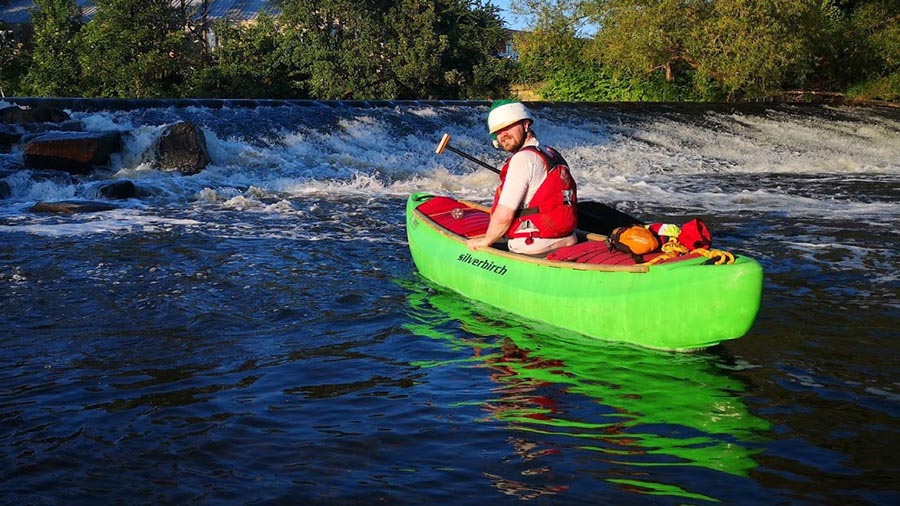
We’re here to help – if there’s anything on this site which doesn’t make sense, please ask!
The Aim: To Keep Life Simple
Pennine Canoe & Rowing Club has this Activity Safety Framework to facilitate routine activity in the Club’s Home Waters and to ensure additional activity can be authorised in ways which meet our expectations, our Duty of Care & the requirements of our insurance.
Essentially, this framework exists to prompt an appropriate level of thought when activity is being arranged.
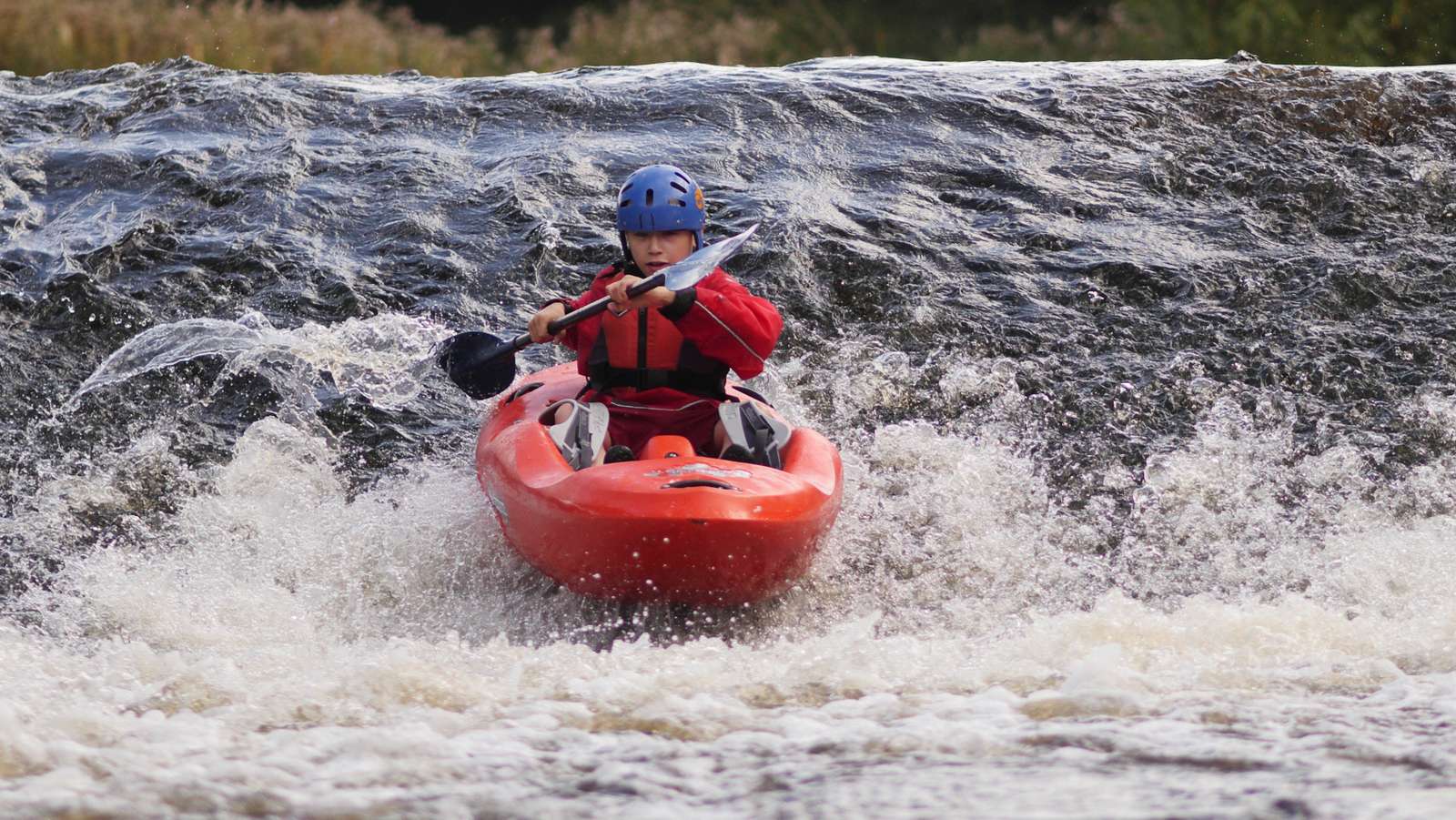
We cannot ALWAYS keep things simple – as our planning has to be adequate for what we want to do!
The Key Steps…
If we know why we want to do something then for some activities, keeping things simple may simply mean…
Step 1: Decide what we are agreeing to run, for whom, and what those getting involved might reasonable expect from us – including in the event of things not going quite to plan ?
Step 2: Consider what we might need to do in order to help those attending (and if necessary, a parent / guardian) make an informed decision to take part ?
Step 3: Prepare for the activity and get on with it, making adjustments to the plan as appropriate! ?
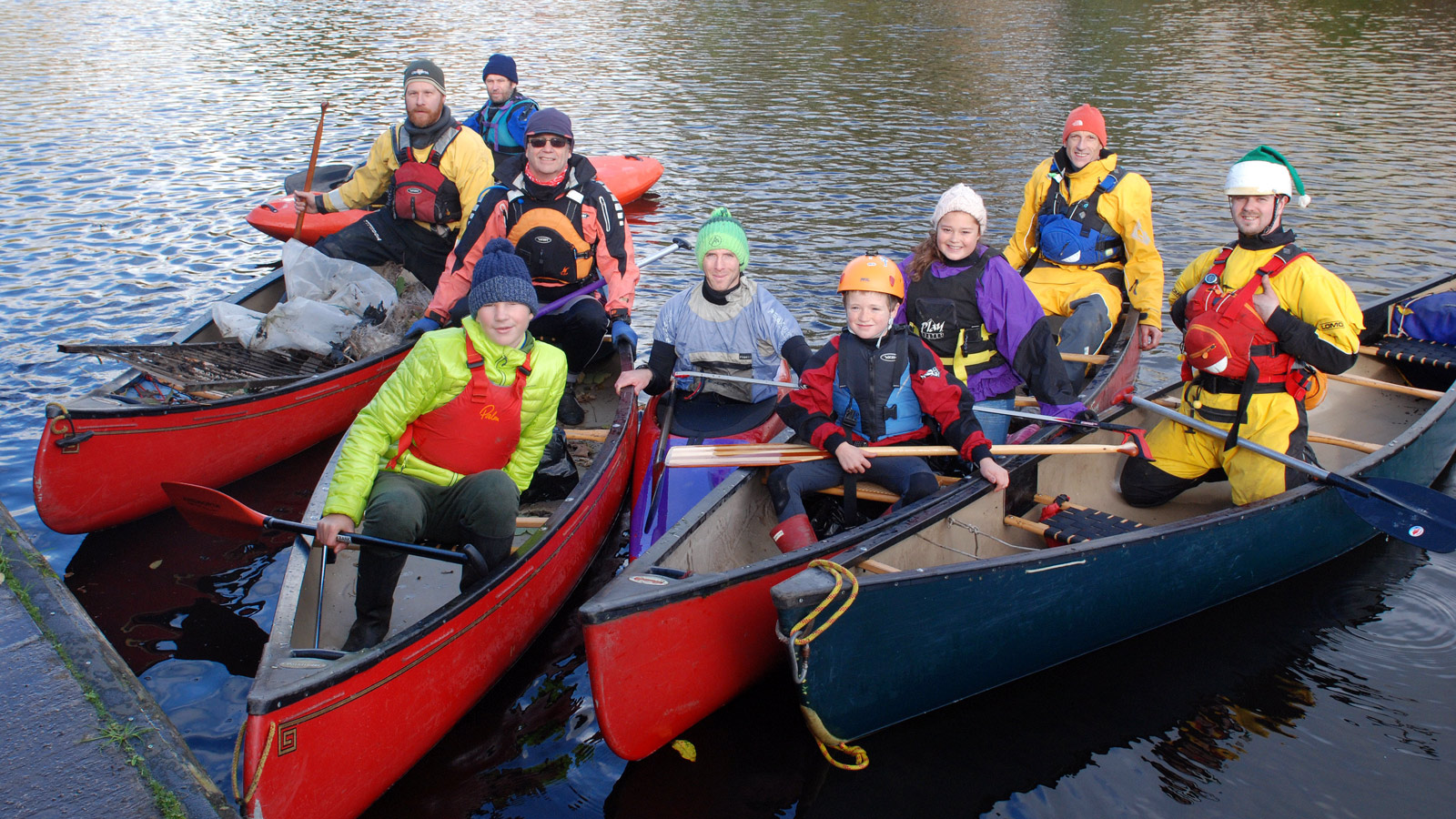
If we are operating as outlined on this page, our Club Activity is fully insured through our British Canoeing Affiliation.
When Can We Keep Things Simple?
We cannot ALWAYS keep things simple – as our planning has to be adequate for what we want to do!
If our activity is all going to be with guided groups or reliant on close supervision… we need to make sure the guiding and formal support we’re providing is appropriate to the activity which is planned – and that the appropriateness has been communicated!
If our activity is going to involve independent paddlers taking responsibility for themselves (either in fully autonomous groups or in groups which merely need remote supervision)… we principally need to make sure we’re all on the same page – communication is key!
We work together as a community – respecting one another’s judgement and decision making – offering supportive mentors (who listen) rather than appointing “trainers” (to tell) – accepting that lots of ways of doing things can be ok!
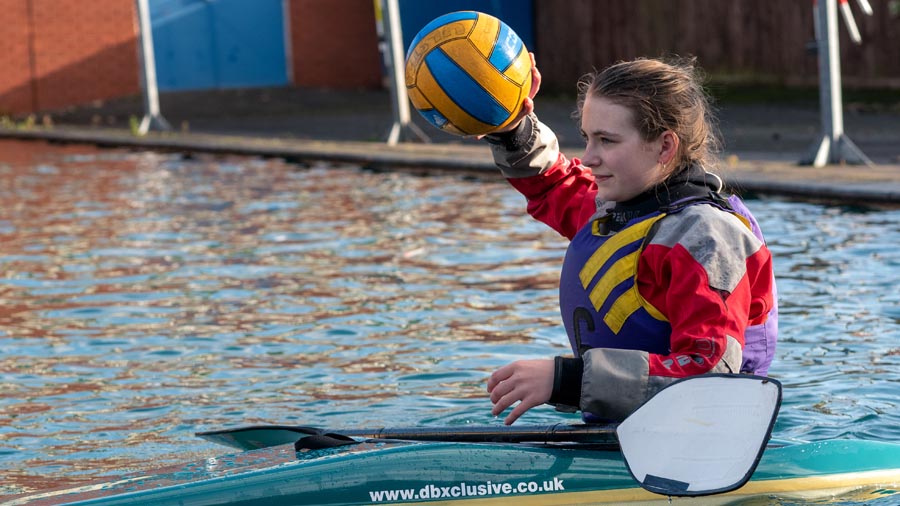
The framework outlined here applies ANYWHERE the Club chooses to operate – and for all disciplines.
What Principles Do We Work From?
Our starting point for everything is recognition that the assessment of risk is second nature for experienced coaches, leaders and officials – and for many others at the grass roots – and that safety is more about culture than process.
We insist everyone involved recognise that canoeing is an assumed-risk activity and that at all levels, participants should be aware of and accept what is involved and at all times take full responsibility for their own action and involvement.
We commit to a light-touch approach which ensures the key questions get asked by competent people at appropriate times and to supporting enthusiasts to work in ways which make sense to them.
The above communicates the core of PennineCRC’s Health & Safety Policy – available here. See also our page on our Control Measures for Routine Activity – plus our page on respecting experience and our page on our Safety Advisor system.
